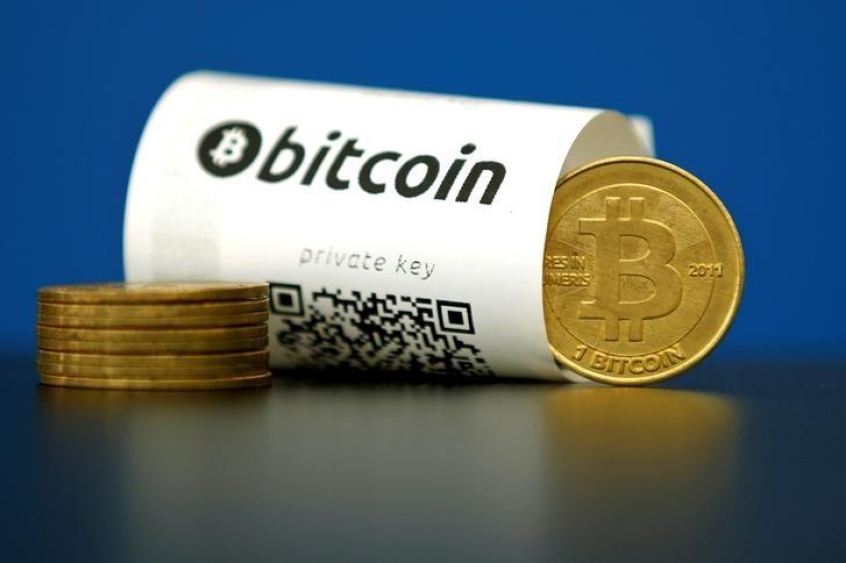
After bitcoin reached a series of all-time highs in the past week, finance analysts and security firms step up warnings of cyber thieves in the cryptocurrency.
According to reports, software company Symantec saw a "tenfold" increase in the number of malicious code aimed at cryptocurrencies.
Anti-malware company Malwarebytes added that it prevented almost 250 million coin-mining attempts on personal computers in the past month alone, as more and more cyber-thieves use all means to ensnare bitcoin investors.
"With $10,000 being breached, and all the hype, a lot of people are trying to make money with crypto-coins," explained Candid Wuest, threat researcher at Symantec.
It was not only bitcoins that have been subject to coin-mining malware, but other cryptocurrencies as well. This is because other alternative coins have risen in value alongside the most popular digital currency.
In coin-mining, hackers solve complicated math problems in order to be rewarded with more coins. The more machines they mine, the more coins they get.
There have been so many attempts to earn more coins that Malwarebytes said it has to stop some 8 million attempts every day to protect compromised PCs.
According to The Guardian, the bitcoin is this year's fastest-growing asset.
From a $1,000 U.S. exchange rate in the start of 2017, it reached an all-time high of $9,891.62 on Nov. 27. That was just a week after the cryptocurrency broke the $8,000 barrier, and less than two months after it surpassed the $5,000 mark.
The spike was mainly associated with the Chicago Mercantile Exchange's (CME) announcement that it will launch bitcoin futures come December.
While a tradeable asset, bitcoins and other digital currencies have no intrinsic value -- except in Japan, where it originated, and where it is now considered a valid mode of payment.
Everywhere else, however, it is merely a virtual currency, and financial economists fear that its current high demand might cause an economic bubble.













